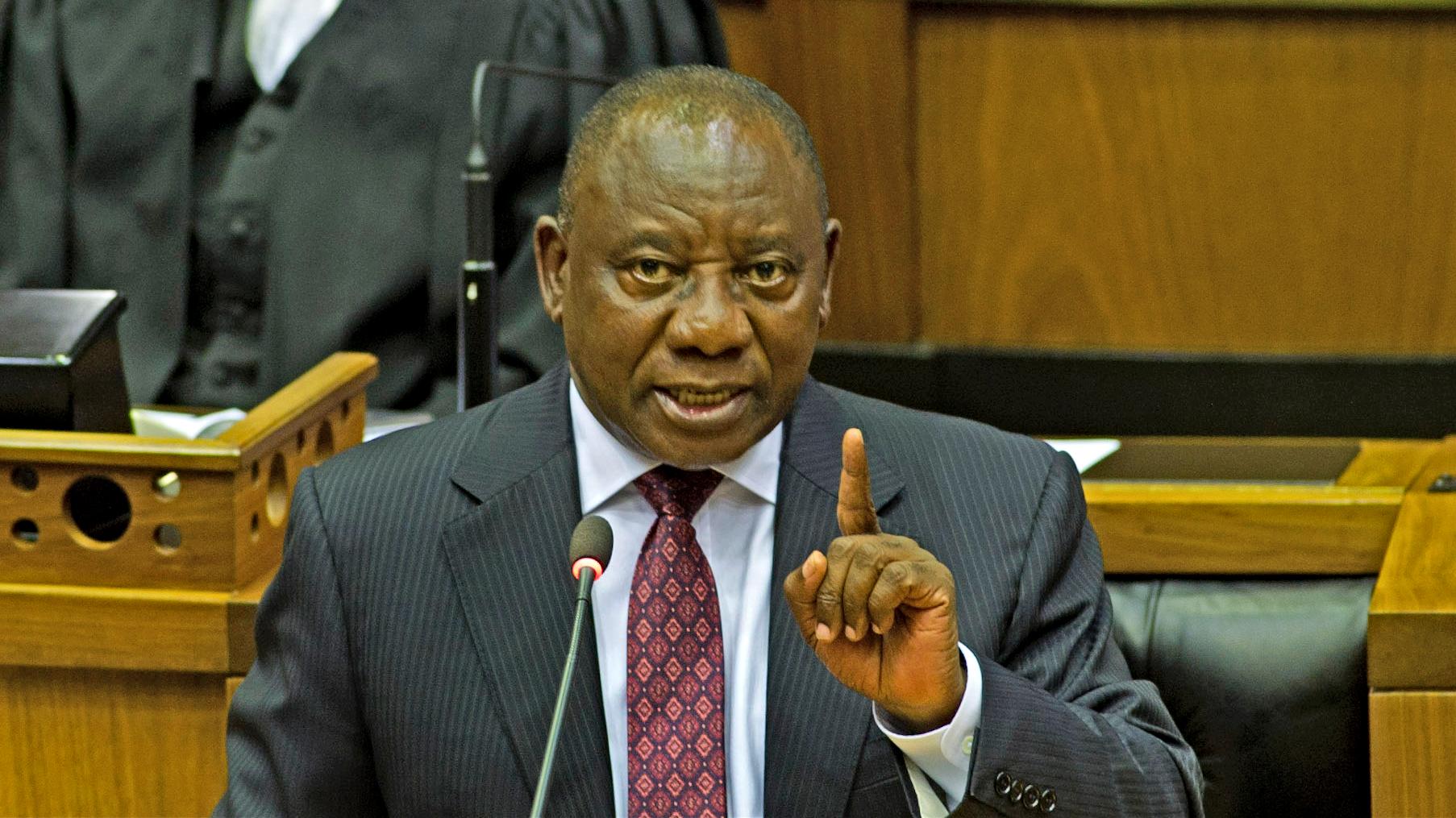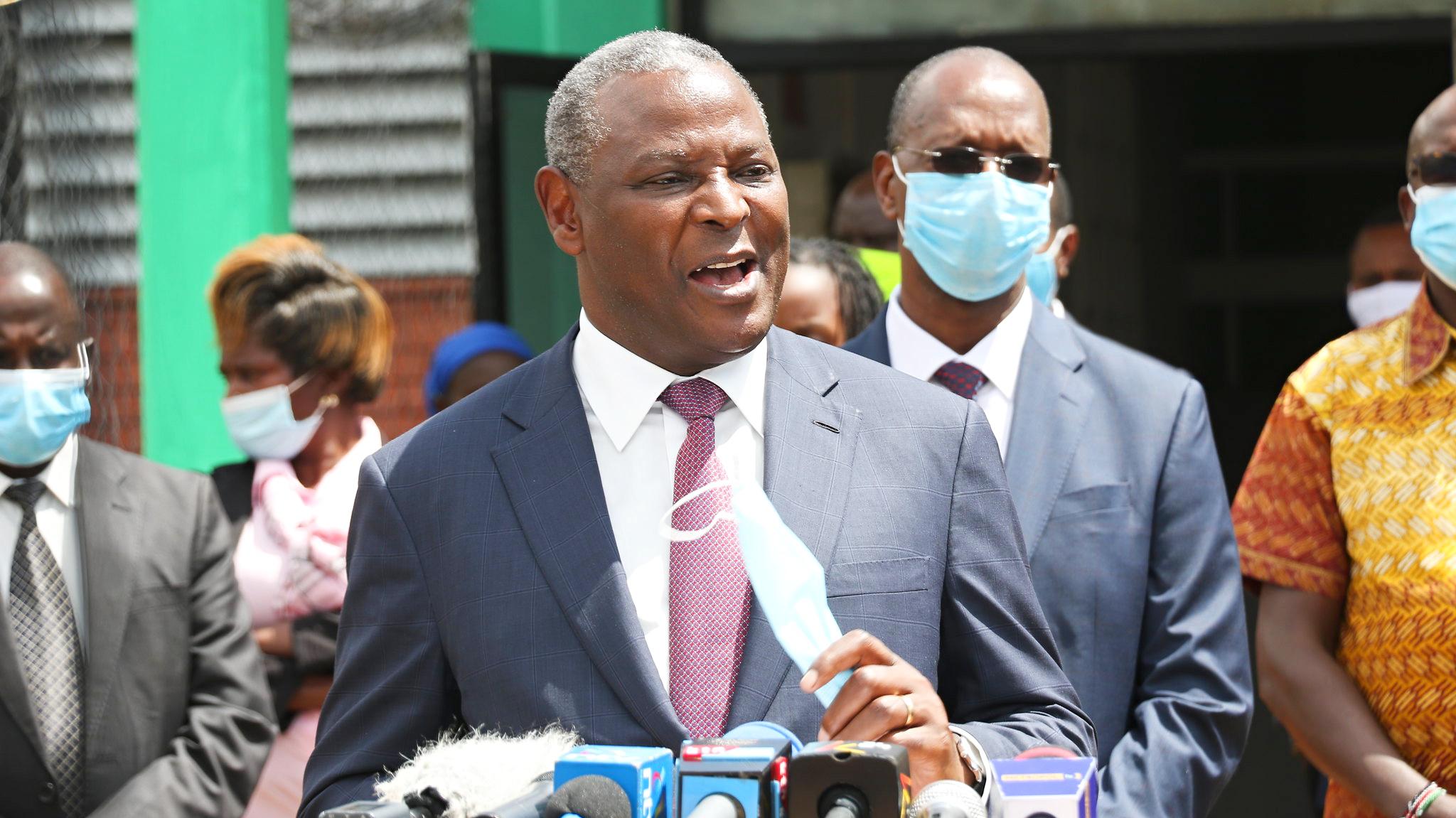Exponential growth in China-Africa relations in the past two decades has intensified engagement between people from these regions, leading to increased reports of social tensions. Padmore Adusei Amoah and Obert Hodzi argue that the prospects of China-Africa relations depend significantly on the well-being of Africans in China, and Chinese in Africa, who seek to benefit from new arrangements on migration, education and trade.
Theorising China’s interests and operational mechanisms in various aspects of international relations is prevalent and, yet, still evolving. However, as David Shinn and Joshua Eisenman argue, ‘nowhere has China’s political and economic relations with developing countries received more attention than in Africa’. Indeed, the exponential growth in the relations between China and African countries has prompted debates about whether China-Africa relations can be considered a field of study. Partly, this stems from the generally distinct approach that China adopts in its dealings with African states. For instance, the establishment of the Forum for China Africa Cooperation (FOCAC) since October 2000 provides a somewhat novel framework and a platform for bilateral and multilateral corporation compared to how the continent has historically dealt with Western countries.
An inevitable consequence of the intriguing relations between China and African countries is the intensified people-to-people engagement. Notable areas of such interactions include trade and education. Recent data from China’s Ministry of Education indicates that the number of African students now studying in China is only second to students from other Asian countries. This is remarkable given that African migrants – for most purposes – have historically headed to the West. African traders have centred their attention on China to source and sell various goods which they previously traded in the West. Likewise, many Chinese have also moved to African countries for business and establishing factories to produce commonly imported goods. Meanwhile, others are very ‘big in construction’ as Africa’s richest man, Aliko Dangote, puts it. Some Chinese are also involved in petty trading, which has raised concerns among locals in similar businesses. Indeed, most local and international debates now focus on the prospects of whether the over one million Chinese in Africa (with close to 500,000 in South Africa alone) may be taking over local domestic industries and services. Reports of tensions and scuffles between Africans and Chinese abound. Such uneasiness amidst China’s increasing political and economic interest in Africa and vice versa is a big question mark on the future of Sino-Africa relations.
Against this backdrop, a recent special issue in the Journal of Asian Ethnicity, examining the well-being and social identities of Africans in China and Chinese in Africa, broadly argues that the prospects of China-Africa relations depend on the well-being of the people who are making attempts to take advantage of the flourishing relations to improve their lives through migration and trading. The issue argues:
‘in the absence of policies and mechanisms to ensure decent living conditions, enhanced sense of belonging and social equity among Africans in China and Chinese in African nations, the future of Sino-Africa relations is likely to be in jeopardy as ordinary people are increasingly becoming the major stakeholders in the relations.’
This is backed by empirical and documentary evidence from seven articles, which examined the well-being of Africans in China and Chinese in African societies from perspectives of numerous academic disciplines and across Chinese and African settings.
The marginalisation of Africans in China
The issue examined how matters of ill-being and social marginalisation have a long history among Africans in mainland China. Most Africans in the country struggle to obtain adequate access to essential services, particularly health. Aside from the considerable cost of healthcare, language proficiency and legal issues (particularly those concerning immigration) have historically pushed Africans to the margins of Chinese societies, and continuously require acts of resilience for most African individuals and families to get by.
This assertion is corroborated by other observations in the issue, which indicate that the recent mistreatment of Africans in mainland China as part of COVID-19 control strategies signifies an inevitable worsening of the socioeconomic conditions and immigration situation of Africans in China. The advanced technology in surveillance systems introduced as part of a grand epidemiological scheme will render the lives of Africans in mainland China even more complicated and exacerbate existing inequalities and struggle for social recognition. To a significant extent, such marginalisation is associated with psychological distress, as the issue found among African economic migrants in Hong Kong. Further evidence from local newspapers in Hong Kong attests to a presentation of Africans and African cultures as subpar compared to the local culture. This blatant public pronouncement reinforces notions of racial discrimination which can negatively affect the well-being of Africans.
Experiences of Chinese in Africa
However, these discriminatory experiences are not exclusive to Africans in Chinese societies but also familiar to Chinese in African countries. Findings from the special issue point to undesirable conditions of some Chinese in South Africa. For instance, migrant Chinese nationals in the South African garment production industry tend to build strong social networks amongst themselves – reminiscent of their families left behind – to avoid social exclusion and adjust to the business and social environment. The discriminatory circumstances they encounter are linked to broader socio-political tensions that ignite racism in the country.
Political leaders at local and national levels tend to embrace the presence of ‘Chinese’ (a conflation of Chinese South Africans, Taiwanese South Africans, and mainland Chinese migrants) and the role of Chinese aid in the economic and social development of South Africa. However, competition for community resources as well as spaces in economic and political landscapes breed racial tensions between native South Africans and various ‘Chinese’ residents. Besides, an apparent misconception that ethnic Chinese people are wealthy and have connections to the Chinese government induces racial attacks and discrimination against Chinese business operators, politicians and other individuals, regardless of their immigration status. Consequently, ‘Chinese’ residents in South Africa are often targets for crimes such as robberies and extortion.
To some extent, these acts of discrimination and marginalisation at both ends of the people-to-people engagements are showcased in the implementation of macro-level policies such as the various China-Africa education cooperation agreements (such as scholarship schemes). The special issue revealed that such agreements, which have encouraged many Africans to seek higher education in mainland China are sometimes operationalised in ways that ultimately engender the local and foreign interest of China and other state players instead of the students involved. Thus, the frustrations of Africans in China and the challenges faced by Chinese in African societies can spur a danger to the currently strong Sino-African relations if the concerns of ordinary people are not seriously considered in ensuing policies.
Accordingly, regardless of the interests of China and African states – be it political, security and/or economic and their underlying power rationales – the future of the Sino-African relation relies heavily on the experiences of people who are directly and indirectly affected by policies emerging from the macro-level engagements. This is because the implementation of various bilateral and multilateral agreements will ultimately require the buy-in of ordinary people as the relations move further to the micro-level.
There is ample evidence from African societies to show that dissatisfaction of the public can alter the tenets of national strategic partnerships with China, as have been witnessed in Zambia, Ghana, Nigeria and Angola. These findings imply that Sino-Africa IR research and discourses must focus more on people-to-people engagements through analysis of everyday interactions between Chinese and Africans. A bottom-up approach to theorising China-Africa relations, representing a shift from most current approaches, will offer better insights into the future and implications for ordinary people. After all, an understanding of the relations from a theoretical standpoint must not be the end in itself, but a means to assure the well-being of the people. Putting people at the centre of theoretical standpoints will ultimately inure to the sustainability of Sino-Africa relations.
Special thanks to the contributors to the special issue whose work have been broadly presented in this piece.
Photo: Minister Edna Molewa and Vice Premier Liu Yandong at closing ceremony of 2nd Africa-China Youth Festival. Credit: DIRCO, licensed under creative commons (CC BY-ND 2.0).






Really so valuable post..